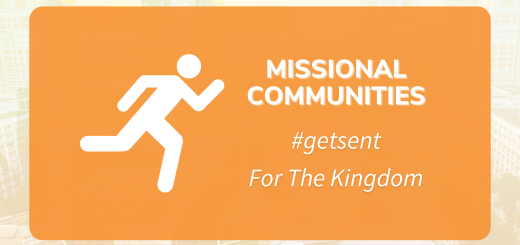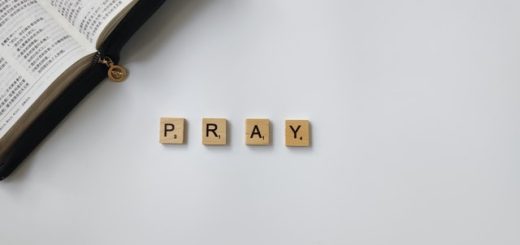Silence and Covid-19
Written by Quek Tze-Ming
Shusako Endo’s novel Silence, adapted into a film in 2016, tells the story (fictional, but based on historical personalities) about the experiences of Portuguese priest Rodrigues, who, along with his fellow priest Garrpe, arrive in Japan as missionaries in 1639. This is a time of intense persecution for the Japanese Christians, who have grown in number during a peaceful time which is now over. These believers have been driven underground, but local government officials seek them out by forcing suspected Christians to deny Christ by trampling on fumi-e – carved representations of Christ. Those who refuse are imprisoned and killed by being hung upside-down and bled to death slowly.
Having seen both martyrdoms and recantations of local Christians, Rodrigues wonders why, amidst all this brutality, he experiences only silence from Christ. Eventually Rodrigues and Garrpe are themselves captured. But instead of torturing the priests, the officials torture the local Christians in the presence of the Rodrigues, and tell him that all he needs to do to end his flock’s suffering is to renounce his faith.
Rodrigues struggles. He is ready to suffer and die for his own faith. But is he being self-centred, unmerciful, by refusing to step on the fumi-e, when doing so will end the suffering and death of others? In his inner conflict, the silence of Christ appears deafening.
I will not spoil the story for you by revealing the end. But one of the questions it raises has remained with me: What if the most Christian thing one can do (self-giving for others to live), is to give up Christianity itself? Or at least, to give up the privileges or beloved forms of Christian life?
In these days of Covid-19, the Church has experienced restrictions: cessation (for a time) of congregational worship, wearing masks, no meeting in person in larger groups, no singing, no eating together. These go against what we are used to enjoying. As the weeks drag on into months, we are understandably chafing against these. But what if giving up these beloved forms of Christian life is in fact a self-giving act, so that the virus is contained, so that others may live? What if the most Christian thing to do is actually to stop doing Christian church as we have always done?
I get angry when I hear of some (Western) churches confidently saying that these Covid restrictions amount to persecution, they will obey God and not Caesar, and carry on as if the pandemic doesn’t exist. I think they insult the memory of true martyrs who suffer for the faith. On the other hand I despair when I hear how some Christians have become so used to not meeting in person, and love the ease and comfort of on-demand livestream and recordings. That mindset can work against the embodied commitment to “stir up one another” that the New Testament presupposes for Christian life (Heb 10:24-25).
Somewhere in between these two extremes is the way of wisdom. How do we love one another in these times? How do we spread the Gospel and not Covid? Let’s pray for us to hear wisdom when Christ is speaking. He is not silent.









